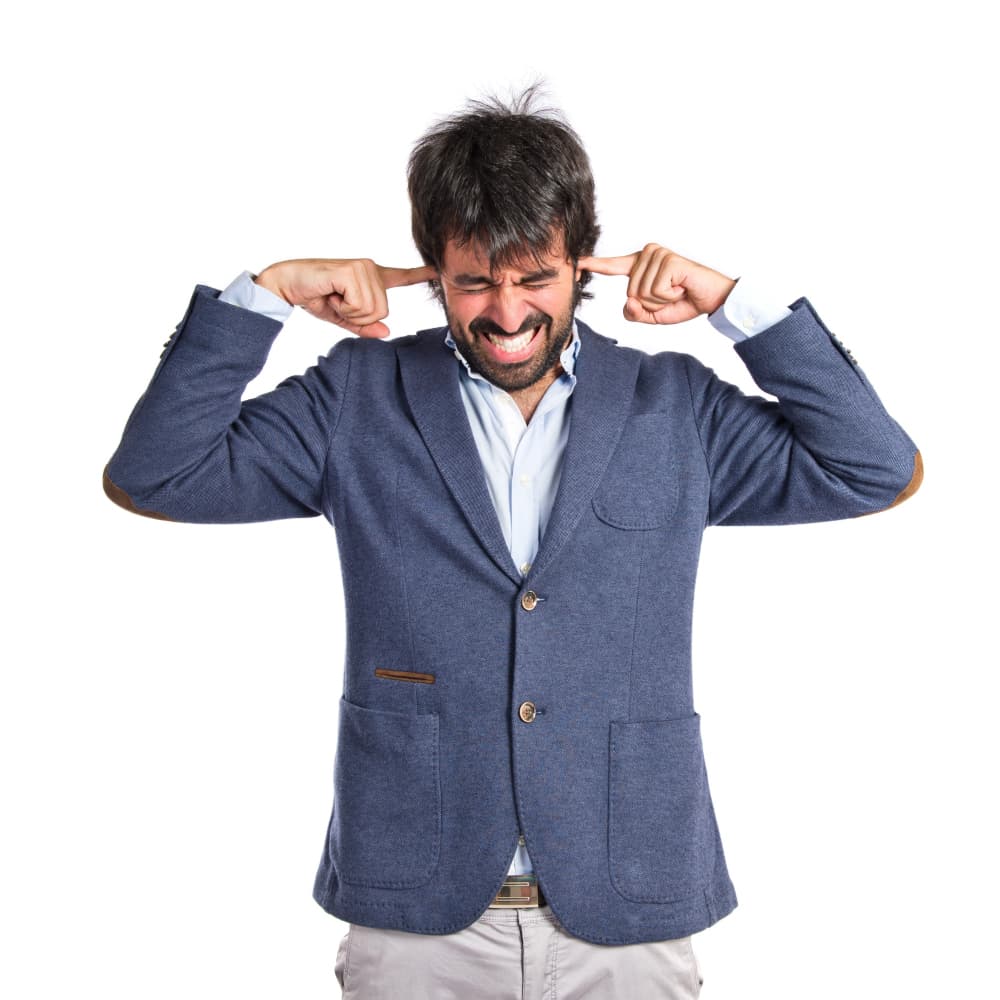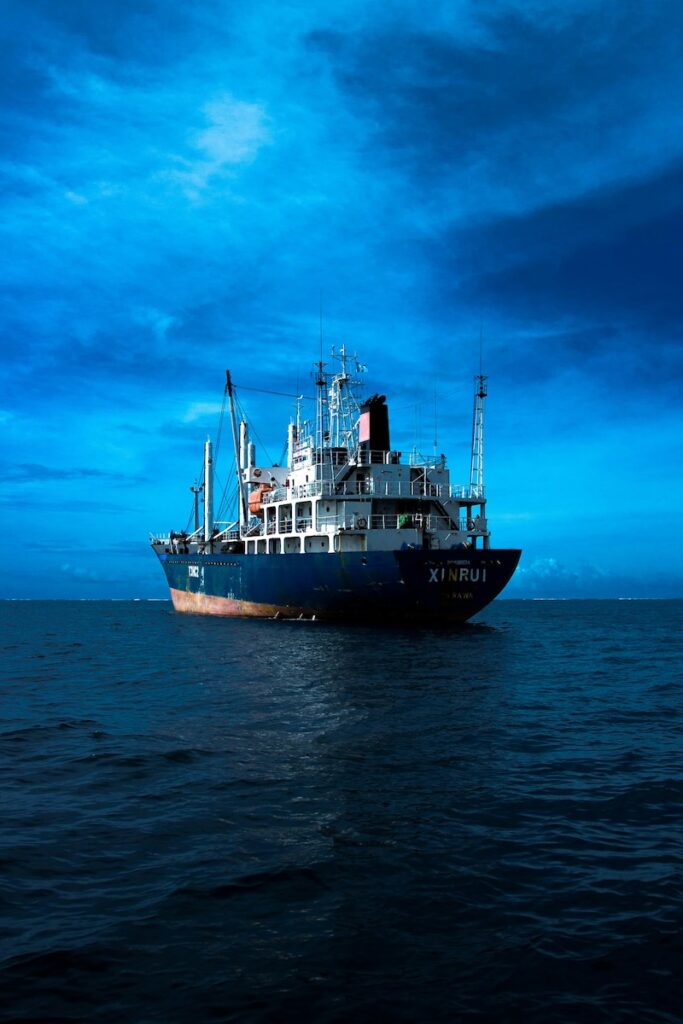
Making choices is rarely easy, especially when ideals and interests clash. Austrian climate minister Leonore Gewessler risked her career for the nature restoration law, while natural winemaker Frank Cornelissen risked his reputation to save his company. Two stories about courage, pragmatism and the art of daring to go for the unexpected.
A surprising turn
In November 2023, the negotiators of the European Parliament and the European heads of government finally reached an agreement on the nature restoration law. The agreement still had to be officially approved in June 2024 by the European Parliament, which was regarded as just a formality. However, in March 2024, just a few months before the final approval, Hungarian Prime Minister Viktor Orbán withdrew. But without the support of Hungary, the nature restoration law would not pass.
Austrian climate minister Leonore Gewessler, who represents Austria in the European Parliament, faced a huge dilemma. As a member of the Austrian Green party, she is – like more than 80% of the Austrian population – a strong supporter of the law, but all Austrian states unanimously advised her to vote against it, an advice that she could hardly ignore. However, due to Orbán’s withdrawal, things started to shift in Austria. Two states, Carinthia and Vienna, changed their viewpoint on the nature restoration law and indicated to Gewessler that they no longer were against it.
The lack of consensus among the Austrian states created an opportunity for Gewessler that she grabbed with both hands. During the official voting by the European Parliament on June 17, 2024, to everyone’s surprise, she cast a vote in favour of the law and the nature restoration law was passed after all.
Going bankrupt
The Belgian Frank Cornelissen, who lives in Sicily, also faced a devil’s dilemma. Cornelissen was fascinated by natural wines and wanted to start his vineyard. And so, more than 25 years ago, he moved to the small village of Solicchiata on the northern slope of the Etna volcano. He took immense pride in not using any chemicals in the vineyard, only working with the grape’s own yeasts, adding no sulphites, and not filtering the wine. He built up a great reputation and became one of the biggest producers of natural wines worldwide.
But in 2018, because of the severe weather that year, his entire harvest was at risk of being lost. Cornelissen had to choose between adding sulphites to save his grapes and avoid going bankrupt or adhering to his world-famous ideals of avoiding using additives.
Recalibrate your ideals
This dilemma forced Cornelissen to reflect on his ideals. He realised that his way of wine-making did not align with his philosophy of expressing the grape in the finest way possible, which was the most important thing to him. He still firmly believed in natural wine-making but realised he had become too dogmatic. Not adding sulphites was highly exceptional, even for natural wine producers. And so, he decided to revise that principle and used sulphites to save his grapes in 2018. Since then, he has added it regularly, making his wines even more spectacular.
Dare to change their mind
Both examples show how difficult it is to make a choice when your conscience is calling. There is a reason why it’s called a devil’s dilemma. Gewessler and Cornelissen dared to make a bold move. A courageous decision because these days, changing your mind is seen as unreliable and not authentic.
But there is a fundamental difference between daring to change your mind because of progressive insight or for the pursuit of personal gain. In the current cabinet formation in the Netherlands (June 2024), outspoken right-wing candidates are nominated who ‘put their ideals on hold for a while’ in order to carry out their new role as minister. But if something is so deeply rooted, would it be possible to park your ideals temporarily? It certainly does not come across as credible.
Stay true to yourself
Cornelissen took the time to reflect and he gained some fresh insights. Despite being very pronounced about his way of making wine for years, he dared to adjust it. He had undergone a development as a person and could explain that plausibly.
Gewessler’s case is a little different. Looking at her past, you will see that she has always been very committed to nature and the climate. And so it would have been more of a surprise if she had voted against the European nature restoration law. And so, she was tested on whether she dared to pursue her ideals. She chose to remain true to herself, regardless of the consequences. Of course, the question remains what Gewessler would have done if the two Austrian states had not turned around and given her the ‘excuse’ to pull this stunt…
This article was originally published in Dutch on MT/Sprout, the most popular business and management platform in the Netherlands.
don’t miss out!
get my columns straight into your mailbox:


